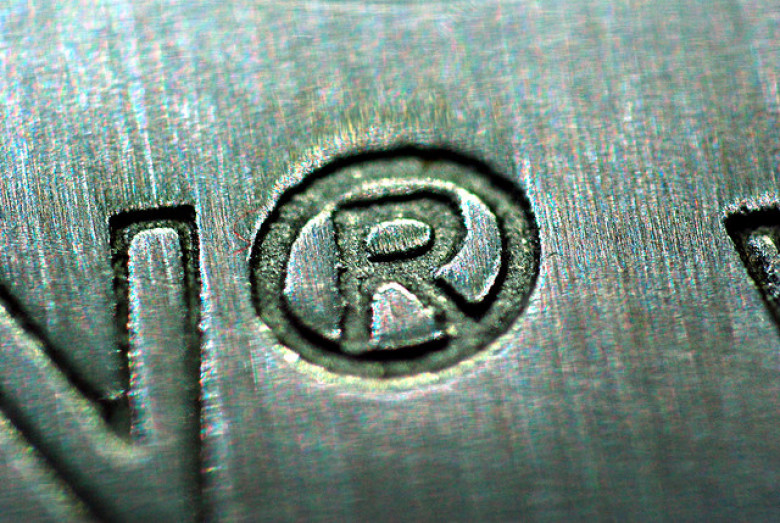Dutch Research Reveals Wide Scope For Copyright Flexibilities In EU Laws
A couple of weeks ago, Techdirt wrote about a surprising initiative by the Netherlands to introduce new flexibilities into its copyright law. Given that leadership from the Dutch government, it's probably no surprise that a few days later, the Dutch Parliament also showed itself in the political vanguard by voting not to ratify ACTA for the time being.
The full text of the Dutch minister's speech is now available, and it's well worth reading for its clear analysis of the problem facing European copyright, and its suggested solution:
The big question, however, is whether copyright law currently provides enough opportunities to allow an effective response to these technological changes and other developments in the future. In my view, this is particularly relevant in the case of the closed list of exceptions to copyright in the European Information Society Directive. These exceptions are designed to allow new products and services to be developed through creative or transformative use of copyrighted work. They also allow copyright to be restricted in the case of work used for educational purposes, in academic research or in news reporting, as well as work used for libraries and archives.










































































